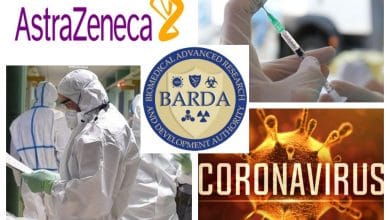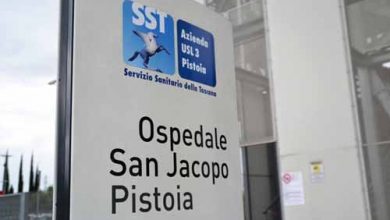
 Rome, 21st April. (AdnKronos Salute) - A real "pandemic", which risks affecting the health and lives of hundreds of thousands of people. Putting a brake on the progress made against AIDS, malaria, tuberculosis and other diseases. The spread of fake, adulterated or substandard medicines is a "real and urgent" threat, according to the authors of a series of articles published in the 'American Journal of Tropical Medicine and Hygiene'. A global alarm, linked to numbers: according to international investigations, up to 41% of the samples examined does not meet the quality standards, on something like about 17,000 drugs tested.
Rome, 21st April. (AdnKronos Salute) - A real "pandemic", which risks affecting the health and lives of hundreds of thousands of people. Putting a brake on the progress made against AIDS, malaria, tuberculosis and other diseases. The spread of fake, adulterated or substandard medicines is a "real and urgent" threat, according to the authors of a series of articles published in the 'American Journal of Tropical Medicine and Hygiene'. A global alarm, linked to numbers: according to international investigations, up to 41% of the samples examined does not meet the quality standards, on something like about 17,000 drugs tested.
Among the most alarming episodes, the discovery of falsified malaria drugs that caused an estimated 122,350 deaths among African children in 2013. Other studies have identified poor quality antibiotics, which can harm health and increase resistance to these drugs. A total of seventeen articles examine in detail the various aspects of the issue and propose possible solutions, in the special supplement of the magazine dedicated to the "Global Pandemic of Falsified Medicines". Several of these articles suggest targeted policy actions, including the adoption of stricter national rules against the counterfeiting of medicines.
"This issue continues to spread globally, creating a major challenge for cooperation," noted co-lead of the supplement, Joel Breman, scientist emeritus at the National Institutes of Health. "A collaboration between politicians, scientists, experts in technology, surveillance, epidemiology and logistics is urgently needed, to guarantee secure global supply chains".
In an introductory essay, former Food and Drug Administration commissioner Margaret Hamburg points out that globalization has added layers of complexity to the drug supply chain, which now requires greater vigilance. According to the expert, "a greater dose of safety surveillance is needed to prevent exposure of patients to falsified products". Researchers inspected about 16,800 samples of antimalarials, anti-tuberculosis drugs, antibiotics and anti-leishmania drugs: 9-41% did not meet specifications.
“The pandemic of falsified medicines is pervasive and underreported, particularly in low- and middle-income countries where drug regulatory systems are weak or non-existent, as studies show,” says Jim Herrington, co-author and director of the University of North Carolina's Gillings Global Gateway in Chapel Hill. New methodologies for testing drug quality are emerging from research: simple paper test cards have proven to be a cheap and effective method for identifying low-quality antimalarials.
More sophisticated approaches, using fluorescence and luminescence techniques, can be more accurate but also difficult to use in some environments. However, these are promising new weapons, according to the researchers, but further tests are needed to validate them. Meanwhile, a coordinated international response to address this pandemic of poor quality medicines is urgently needed. Scholars are also considering a global agreement, similar to the Framework Convention on Tobacco Control, coupled with tougher national laws to prosecute those who "knowingly sell fake medicines."





